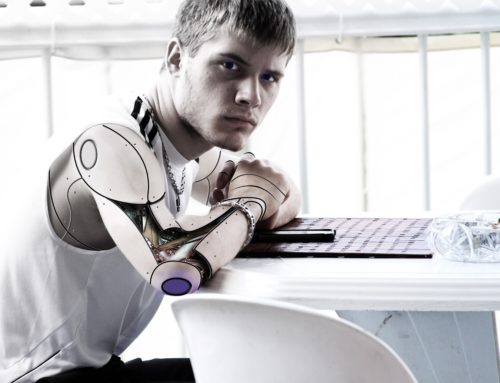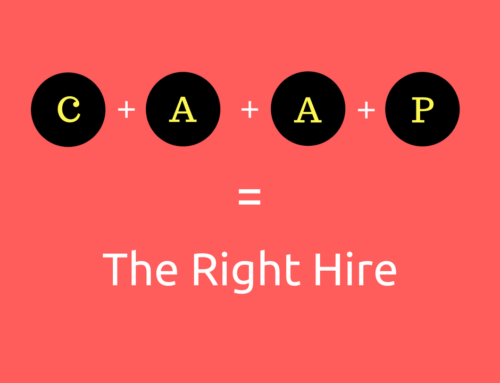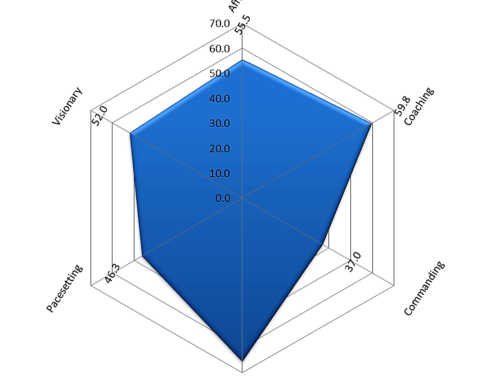NOTE: If you are confident that you will still have a job 5, 10 years down the road; or if you are not worried about the future of work, then you don’t need to read this article.
If you’ve been reading the news lately, you would have noticed the number of Mergers, Acquisitions and retrenchments have increased in recent times. This has led to more job redundancies in the last several years. By the looks of it, this trend probably isn’t going to slow down any time soon, especially with the poor economic outlook for 2016 coupled with the tanking Oil & Gas industry. The question is: How will these affect the future of work?
In fact, some experts are predicting that the jobs of today, as we know them, will undergo fundamental changes by the year 2020.
The Fourth Industrial Revolution
The experts are calling this tectonic shift the Fourth Industrial Revolution. This presents a challenge of displacement – where jobs and the nature of work will undergo fundamental changes.
As economies and organisations continue to consolidate and shrink, the number of jobs available will also shrink. And this implies that those jobs that can be replaced today will be replaced by machines, automation and robots.
Recently, a group of experts at Davos spoke about the Future of Work. They listed the top 10 skills that will be in demand come 2020.
Emotional Intelligence No Longer Good to Have
You will notice skills such as critical thinking and creativity have been pushed into the top 3 positions. One skill that has made the list for 2020 is Emotional Intelligence (E.I). Emotional Intelligence wasn’t even in the top 10 skills in 2015. This indicates that emotional intelligence is becoming a very important skill in the future of our work. Unfortunately many people and organisations shun talking about Emotional Intelligence because many still think that E.I. is too soft and mushy for the real business world.
The New VUCA World
Some years ago, the US Military coined a term called VUCA. It stands for Volatility, Uncertainty, Complexity and Ambiguity. They use this term to describe the world that we live in today – Volatile, Uncertain, Complex and Ambiguous.
And in order for us to even survive in this VUCA world, we need to learn how to adapt, adjust and accommodate. It is no longer business as usual.
Interestingly, Charles Darwin, famously known as the “Father of Evolution” wrote many decades ago:
“It is not the strongest of the species that survives, nor the most intelligent, but the one most responsive to change.”
Alvin Toffler an author and futurist, who wrote the books “Future Shock” and “Third Wave” seems to agree with Darwin when he said:
“The illiterate of the 21st century will not be those who cannot read and write, but those who cannot learn, unlearn, and relearn.”
Both Darwin and Toffler could not have been more correct. In a world of constant change and evolution, and in a world that is increasingly volatile, uncertain, complex and ambiguous, it is only those who adopt a beginner’s mind – to question, to learn, to unlearn and relearn – that will enable us to advance, progress and to improve – and deal with the volatile, uncertain, complex and ambiguous future.
Will You Still Have A Job in 2020?
If your current job involves Critical Thinking, Complex Problem Solving and Creativity, then it looks like you’re on the right track.
However if your current job doesn’t involve much Complex Problem Solving, Critical Thinking and Creativity, and you do not want to be caught off-guard, you might want to seriously consider doing something about it today.
The year 2020 isn’t very far off – it’s just 4 years away. So perhaps it is an opportune time to re-evaluate the work that you do.
Some of the questions that you might wish to ask yourself as you re-evaluate your work include:
1. How will my current work be impacted by the Fourth Industrial Revolution?
2. How will my current work be transformed by 2020?
3. Can my job be taken over by machines, automation and/or robots?
4. What can I do to include critical thinking, creativity and problem solving skills as part of my work?
5. What will I do if I’m not able to expand the scope of my work to include the above 3 skills?
The Future of Work : What It Means For Employers
What does this mean for employers like yourself?
As the nature of work undergo fundamental changes, job requirements and job descriptions will have to change. You will be increasingly looking for the top 10 skills listed above in 2020.
In today’s highly complex and constantly changing business environment, hiring based solely on attitude is simply no longer sufficient. The kind of talent we should be looking for to survive and thrive in our VUCA world is one that is flexible and able to adapt to the constantly changing environment. And this means we need to look for people who are able to handle complex problems, creative and think critically — all which are required for an uncertain, complex and ambiguous world.
The bottom-line is this: You need to hire people who are agile. In other words, you need people who are able to adapt, adjust and accommodate. And to find people like this would require you, as the employer, to approach interviewing and selection from a whole new perspective.
So what are you doing to ensure you hire only the right people for your organisation and be ready for the Future of Work?
To find out more about how you can select people with agility, click here.
About the Author
STEVEN LOCK is a Speaker, Trainer, Author and a Leadership Coach. Steven brings with him two decades of corporate experience.
Steven is passionate about helping organisations transform their teams into high performing teams. He does that by first helping organisations identify and hire the right people, and then training their leaders and managers on how to manage and lead their people to achieve peak performance consistently.
He is the developer of The CAAP® High Performance Model. This model focuses on Culture (cultural fit), Attitude, Aptitude and Personality dimensions of their employees and job candidates. It is a highly practical, effective and proven approach. Steven believes that for organizations to be truly successful and perform at their highest levels, they need to shift their mind-sets to having the RIGHT people on-board – and not necessarily the best or the brightest.
Steven is the Author of two books:
• “Hiring for Performance: The CAAP® Model to Hiring and Building High-Performance Teams.”
• “The Right Talent: The Agility-Focused Interviewing Approach™ to Hiring the Right Candidate Every Time.”
He is also the developer of The Leadership STYLE Report™ that is based on Dr. Daniel Goleman’s research on leadership styles.
Steven has been featured on MediaCorp’s live radio show The Breakfast Club on 938FM, and has contributed numerous articles to Singapore Business Review, ST Recruit, SHRI Human Capital and other publications. His comments on Team Collaboration was quoted in the Spring 2014 Edition of the Harvard Business Review OnPoint Magazine.
Steven holds a Master of Business (Information Technology) from Curtin University of Technology, Western Australia. He is a certified DISC & MBTI® (Step I & II) practitioner.
Recently Steven was invited as a guest speaker to share about his CAAP(R) High Performance Model with over 600 delegates at the Vietnam HR Summit 2016 in Ho Chi Minh City.











It depends on the nature of Emotional Intelligence and what your definition of it is. There are, to date, 3 kinds of definitions. One model suggests that all the skills required in 2020 must be contingent upon the presence of Emotional Intelligence. There are seven key facets according to the Emotional Judgement Inventory (EJI), which encompasses knowing about emotions, noticing them, managing them and using them with self and other on each subdomain. Critical for leadership development as well as transitions!
Hi Stuart,
Thank you for your comments.
Yes Emotional Intelligence is a pretty wide topic.
But whatever the case maybe, emotional intelligence is one of the key competencies of the future workforce.
Steven